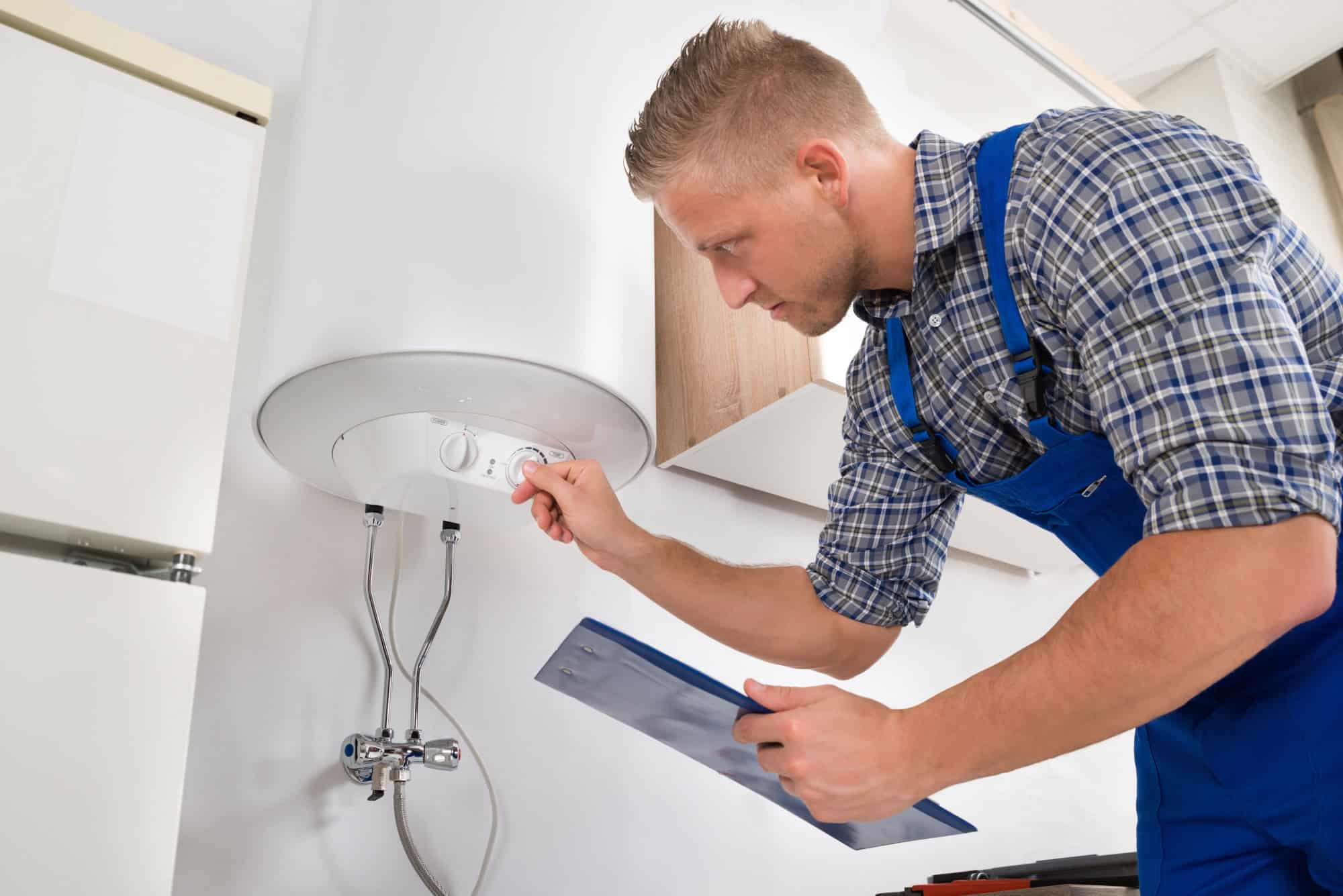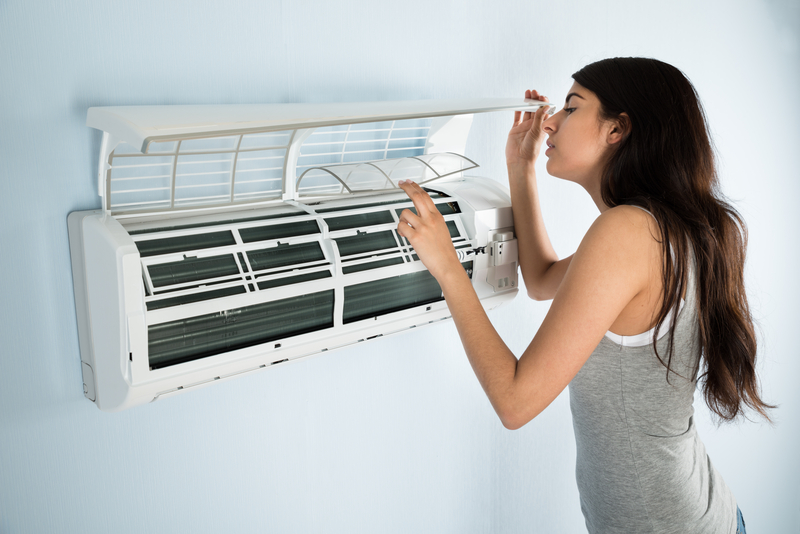
Controlling Airborne Germs: How Do Air Purifiers Work?
Air purifiers are built with internal fans that pull the air from closed indoor spaces like home or office, through a series of filters that collect harmful airborne particles. As the air passed through these filters, it gets purified, which is then circulated back. This process is repeated several times to keep a healthy indoor environment.
Some air purifiers use ultraviolet (UV) radiation to eliminate many viruses and bacteria. Since the beginning on the COVID-19 pandemic, air purifiers have gained tremendous importance, and air purifiers that use UV radiation are highly recommended. Tiny droplets containing the virus are captured with layers of filters, and the captured virus is then neutralized with UV radiation. The radiation is capable of destroying the DNA of living tissues, including viruses and bacteria.
An important thing to keep in mind is that air purifiers should not be treated as an alternative of social distancing measures, but should be looked at as a complimentary protection.
Table of Contents
Importance of Air Purifiers
Below are some of the main reasons why you should consider installing an air purifier:
- Ensures that the air you breathe is clean. The US Environmental Protection Agency estimated that the indoor air is 5 times dirtier than the outside air, and up to 100 times more polluted in some critical cases.
- Eliminating smoke from combustion appliances. Air purifiers are capable of trapping smoke before it infiltrates your furniture and upholstery. It is recommended to ensure appliances with a flame must be well ventilated.
- Traps dust. Dust particles tend to accumulate and stay airborne for a long duration before settling down. Air purifiers can trap any dust particles and thus avoid any kind of accumulation.
- Eliminate 99% of airborne bacteria. Air purifiers have a series of filters capable of capturing particles up to 0.3 microns in diameter. Some extremely high efficiency air purifiers like HEPA are even capable particles up to 0.1 microns in diameter.
- Maintaining an overall safe environment. Being capable of capturing dust, pollen, dander, and other harmful tiny airborne particles, air purifiers ensure a safe indoor environment for all occupants.
- Air purifiers are versatile. Since they are available in many sizes and shapes, they can be fitted into any room very easily without any inconvenience.
Apart from the above mentioned factors, air purifiers can also help with eliminating unpleasant odours, controlling airborne allergens from pets, and combating pollen.
High Efficiency Particulate Air Filter (HEPA)
Also known as high efficiency particulate arrestance, HEPA has become an efficiency standard for air filters. Air filters capable of removing at least 99.97% of particles with a diameter of 0.3 microns can be known as HEPA standard air filters. Keep in mind that 1 mm is equal to 1,000 microns.
HEPA filters are used in a wide range of application that require highly efficient contamination control like disk drive manufacturing, medical devices, nuclear power, pharmaceutical production, semiconductors, and hospital ventilation.
Types of Air Purifiers and Which One is for Me?
There are a wide range of commercially available air purifiers, and selecting the right one is important when it comes to application and cost efficiency.
-
True HEPA/UV-C Air Purifiers
They are the best available option in the market as it’s a combination of HEPA air filters with UV germicidal light. In these air purifiers, the HEPA filters are usually replaced every 3 months. These air purifiers can eliminate pollen, dust, smoke, link, mold, germs, pet danger and lint.
-
True HEPA Air Purifiers
These air purifiers have replaceable filters, and should be a minimum requirement when at least 1 occupant has allergies. They can remove the main seasonal allergens like pollen, and smoke, dust, mold, pet danger, odour and lint.
-
HEPA-Type Air Purifiers
These air purifiers fit into the economical range where harmful tiny particles don’t impose a serious threat. They are less effective that the true HEPA air purifiers, and are capable of removing smoke, dust, lint, pet danger and odours.
-
Permanent HEPA-Type Air Purifiers
These air purifiers are similar to HEPA-type, but the filters need not be replaced. The air filters only need an occasional cleaning for optimal performance. They are capable of removing smoke, dust, odours, lint and pet danger.



